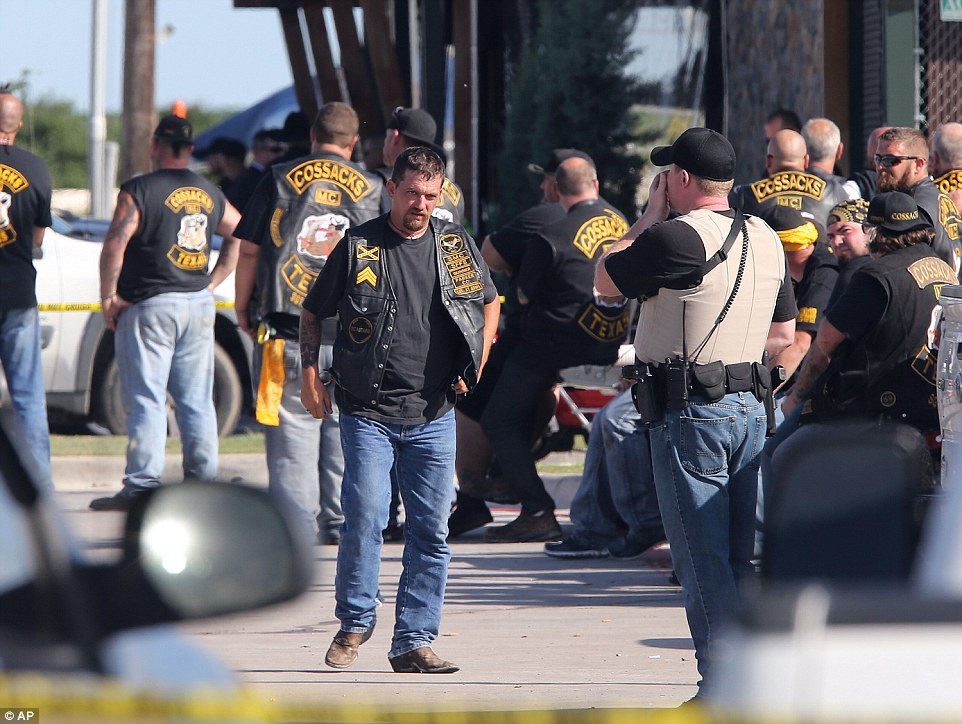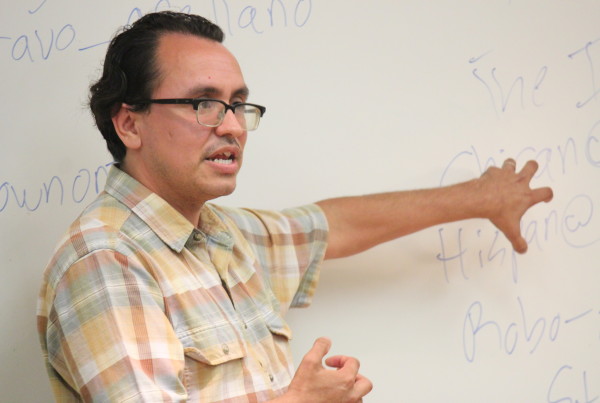It’s been exactly 121 days since the so-called biker gang shootout in Waco. Despite nine deaths and a mass arrest of 177 people – each held for days or weeks on one million dollar bonds – not only has there been no evidence offered to support those arrests, there have been exactly zero formal charges brought against anyone. And there’s been no word whatsoever on whether (or when) cases might be presented to a grand jury – which is currently led by a Waco police detective.
But wait, there’s more: to make sure no one talks about this case, there’s a gag order in place.
In June, a Dallas-based lawyer for Matthew Clendennen – one of the bikers who was arrested – filed a federal civil rights lawsuit against Waco, McLennan County, District Attorney Abel Reyna and Waco police officer Manuel Chavez.
Monday, that same lawyer filed a brief with the Texas Court of Criminal Appeals asking that the gag order in the case be lifted.
Families and their attorneys are afraid to talk. Autopsy information has been incomplete. Ballistics information conspicuously missing.
No one in government – not state officials, not federal officials – no one is asking obvious questions about transparency, criminal procedure, due process or civil liberties. And that’s to say nothing of the overriding question which seems more questionable by the day: what really did happen outside that restaurant in Waco? Who fired the first shots? Who fired on whom that day? If police have answers, they don’t want the public to know them. At least not yet.
Tamara Tabo heads up the Center for Legal Pedagogy at Texas Southern University and she’s been closely following the story.
“It does seem sort of conspicuous that officials haven’t at least released more information about their investigation,” Tabo says.
That is one of many irregularities with this case, she says. Nearly 200 individuals were arrested for being on the scene of the shooting, Tabo says, with “staggering” $1 million bails set. Officials have also made improper statements to the press, she says.
“It seems to suggest that Waco officials are not interested in providing information and maybe have some improper motives here,” Tabo says.
The prosecution clearly wanted to help their case with the gag order, Tabo says, which was issued by a judge that used to be a law partner with D.A. Reyna.
“Particularly because gag orders are meant to be so extraordinary in criminal cases, this may backfire on the prosecution,” Tabo says. “As irregularities mount in this case, I think it becomes more likely that we might see some federal involvement at some point.”
















